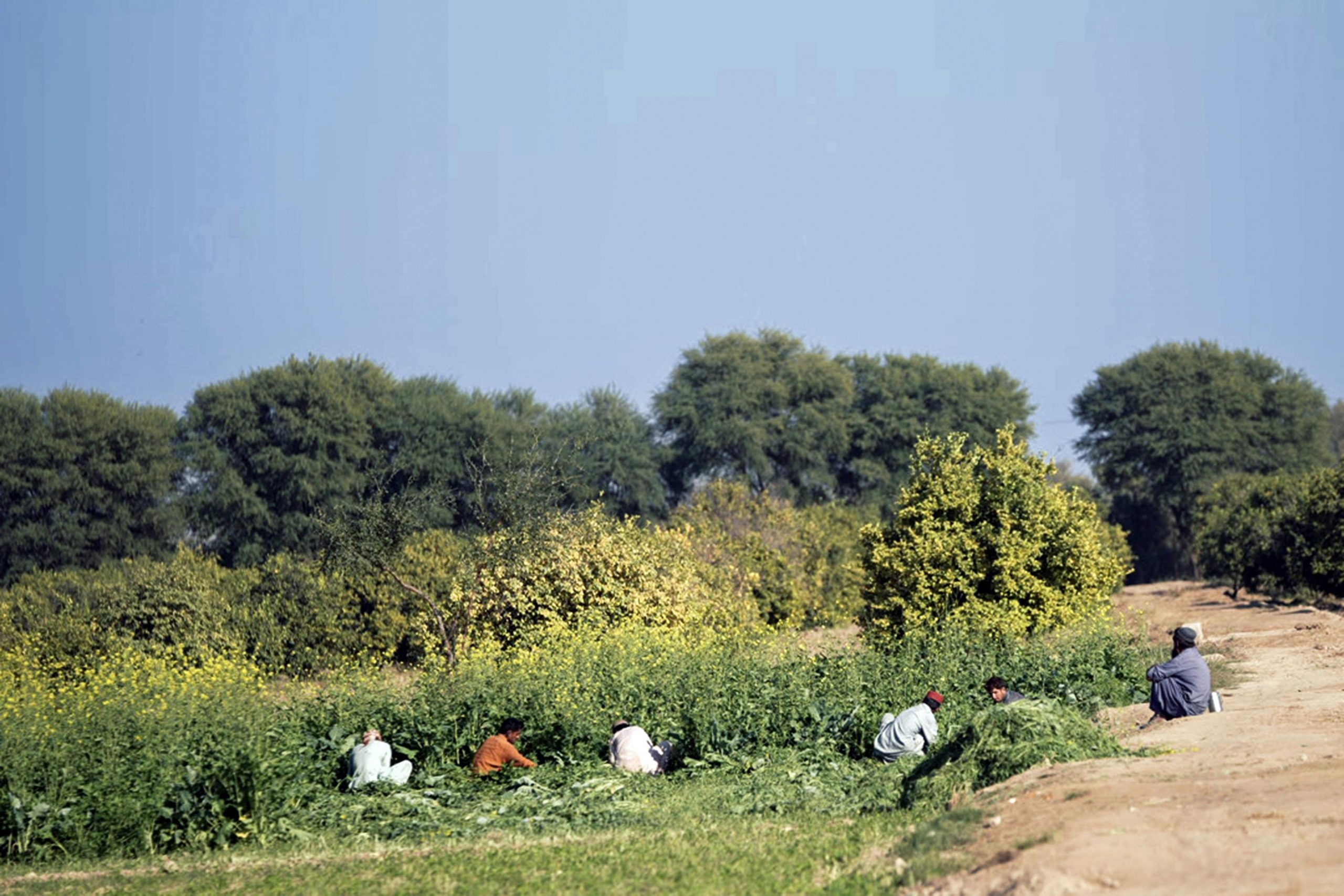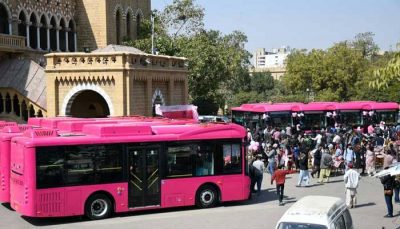This policy brief is based on a study conducted by the researchers through Oxford University and Lahore School of Economics, and funded by the British Academy and Lahore School of Economics. The study is titled “The Downside of Discretion” and is available here.
Pakistan’s Benazir Income Support Programme is one of the world’s largest public assistance programs, issuing a regular Unconditional Cash Transfer to 7 million recipient households across the country. When BISP was first initiated, parliamentarians were asked to identify and nominate poor households for the program. Then, the Government of Pakistan worked with advisors in aid donor agencies to develop and implement a Poverty Scorecard (Proxy Means Test) to select the poorest recipients, using a simple formula based on their assets.
This policy brief summarizes the findings of a research study on the effects of this reform to use the Poverty Scorecard. The study looks at survey data from thousands of households, and compares how BISP was distributed as the Poverty Scorecard reform was rolled out. It finds that the reform that implemented the Poverty Scorecard:
- Improved targeting by reducing favoritism for politically connected households. Before the reform, households from the home villages of winning politicians were two to four times (200-400%) more likely to receive the transfer than those in rival politicians’ villages. After the reform, there is a large and significant reduction in favoritism for the best-connected group – the politician’s own caste/clan in his home village. These households no longer receive any advantage in getting the BISP after the reform. Favoritism was reduced across parties and for powerful senior politicians as well as junior politicians.
- Improved targeting by reducing BISP transfers to wealthier households, such as those who have finished (pakka)houses or who are highly educated.
- Increased welfare by 15% by targeting poorer households who benefited more from the funds, even after accounting for the administrative costs of the Poverty Scorecard survey (National Socio-Economic Registry)
- Improved public approval of social protection programs by 40%.
Before BISP, many governments in Pakistan each introduced a new transfer program, in part in response to favoritism in previous programs. This led to inconsistent coverage, making social protection ineffective as a safety net. BISP was the first social protection program in Pakistan to adopt a completely objective, rule-based system for selecting recipients.
The study shows that the investment in the Poverty Scorecard / National Socio-Economic Registry and the commitment to an objective targeting system has paid off by making BISP pro-poor and resistant to political favoritism. The findings suggest that the government should build on BISP’s success by expanding the use of the NSER for identifying beneficiaries across programs through the Ehsaas initiative, and make this system accessible to provincial governments and other development partners to expand the benefits of this investment.
Kate Vyborny is Associate Director, DevLab and Research Associate, Department of Economics, Duke University; Visiting Fellow, Lahore School of Economics.
Muhammad Haseeb is a Ph.D. candidate at the University of Warwick and former Research Fellow, Lahore School of Economics.





